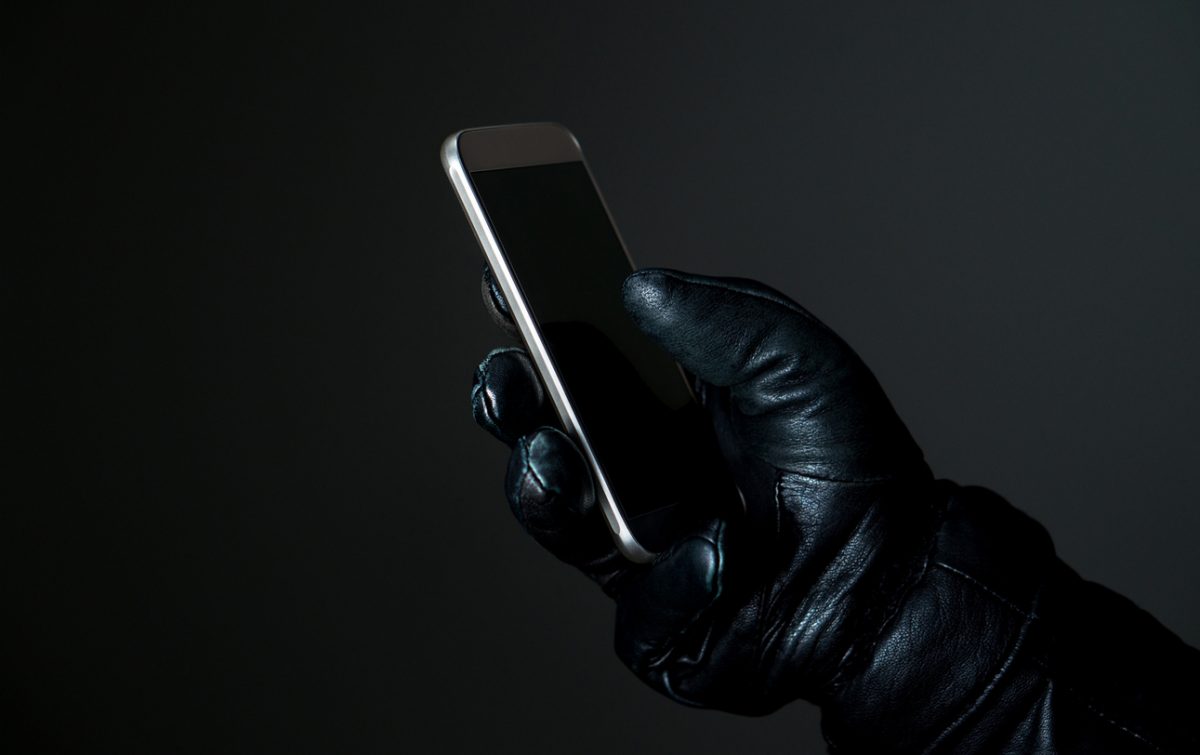Protect your phone number and protect yourself. If a form on a website asks for it, think twice before typing it in. The more widely distributed your phone number is, the easier it is for companies to track your behavior online and serve up ads to you. And because your phone number is so closely tied to your identity, it’s a prize for hackers, too. Keep it close and protect yourself. If your kids have phones, they need to keep those numbers closer.
It seems innocuous. At the end of a transaction, a company asks for personal information such as your phone number or email address. While federal regulations prohibit soliciting phone numbers via autodialers, loopholes remain. Experts say if you give your phone number out, it will inevitably end up in a database of some sort—just another bit of their vast data collection efforts. Once that happens, an untold number of companies can use it to track you across the internet.
What Will They Do With My Number?
Even if your number is on the Do Not Call list, businesses have the right to call you for 180 days after your transaction due to a “business relationship” exemption. (In this case, it must be a human calling rather than an automated machine which is more costly for the company.) Additionally, there is no restriction on the number of times a business can text you even if you’re on the Do Not Call list. Lastly, companies outside the United States are not bound by these federal laws against automated calls and messages. This means that a company in India is free to call and text you frequently if you give their company your number. The better option: Don’t let them have it. Protect your phone number.
Hacking’s Worse Than Tracking
That’s annoying. Worse, though, is when a hacker finds your phone number. Because banks and billing services use your phone number to verify your identity, it’s a useful valuable piece of information. In some ways, it’s a key. One of several, usually, but an important one. For that reason, too, you want to avoid sharing your number online.
There are instances in which can’t avoid it. If you pay bills online, you’ll likely have to enter your phone number. Not ideal, but if it’s a secure site that has your number, it’s probably not worth worrying about now. More worrisome are the single-use forms, services, quizzes and games that seem to fill the internet. If there’s any way you can, protect your phone number.
